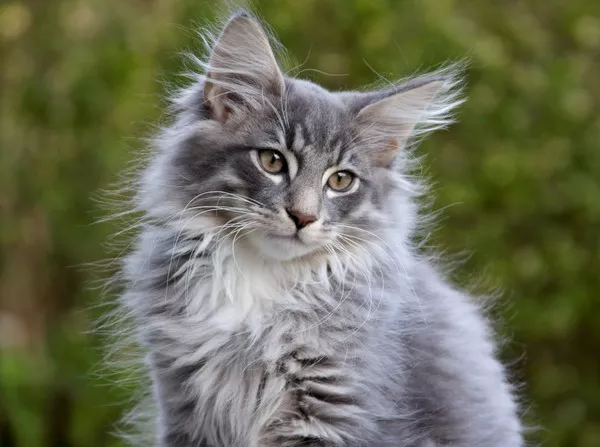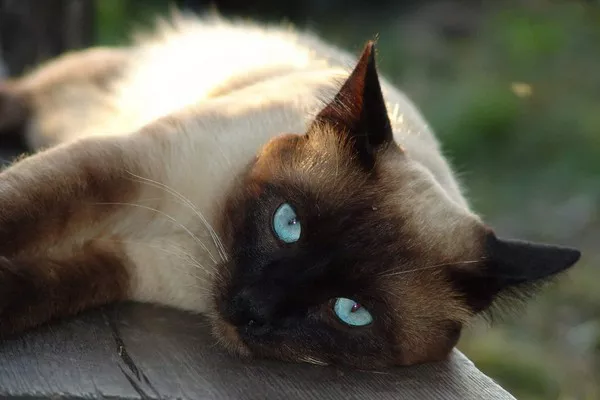Ballarat, a city in Victoria, offers its residents an opportunity to have their cats desexed at a subsidized cost. The City of Ballarat has teamed up with the National Desexing Network and local veterinary clinics to provide low-cost desexing services for household cats as part of the annual desexing assistance program.
This program is open to City of Ballarat residents who meet specific criteria and are eligible to receive a special rate for their cat’s desexing, reducing the cost to just $50.
Eligibility criteria include:
Residents holding pension, concession, or health care cards
Residents with low incomes
Residents with a significant number of cats
Semi-owners willing to take responsibility for stray, unowned cats by microchipping, desexing, and registering them
To check your eligibility, you can contact 1300 368 992 or visit the National Desexing Network website.
The primary aim of this program is to address pet overpopulation by making desexing more accessible and affordable for cat owners who may be financially constrained.
The popularity of this program highlights the need for such initiatives, so eligible residents are encouraged to apply promptly to secure funding.
As the breeding season begins, the Ballarat Animal Shelter has experienced an increase in kitten surrenders. To prevent unwanted litters and the issues associated with unfixed cats, it is crucial for cat owners to keep their pets indoors, particularly as the weather gets warmer.
The City of Ballarat enforces a cat curfew that requires cat owners to confine their cats to their premises between sunset and sunrise. This measure not only protects the environment and wildlife but also helps control the cat population.
City of Ballarat Deputy Mayor, Cr Amy Johnson, emphasized the ease and comfort with which cats fit into domestic life and routines, making them excellent family pets. She also acknowledged that the cost of desexing can be a deterrent for pet owners and expressed hope that this low-cost option would enable more people to afford the procedure for their cats.
As the city braces for the warmer months and heightened cat mating behaviors, initiatives like these play a vital role in promoting responsible cat ownership and curbing the challenges associated with pet overpopulation.



























